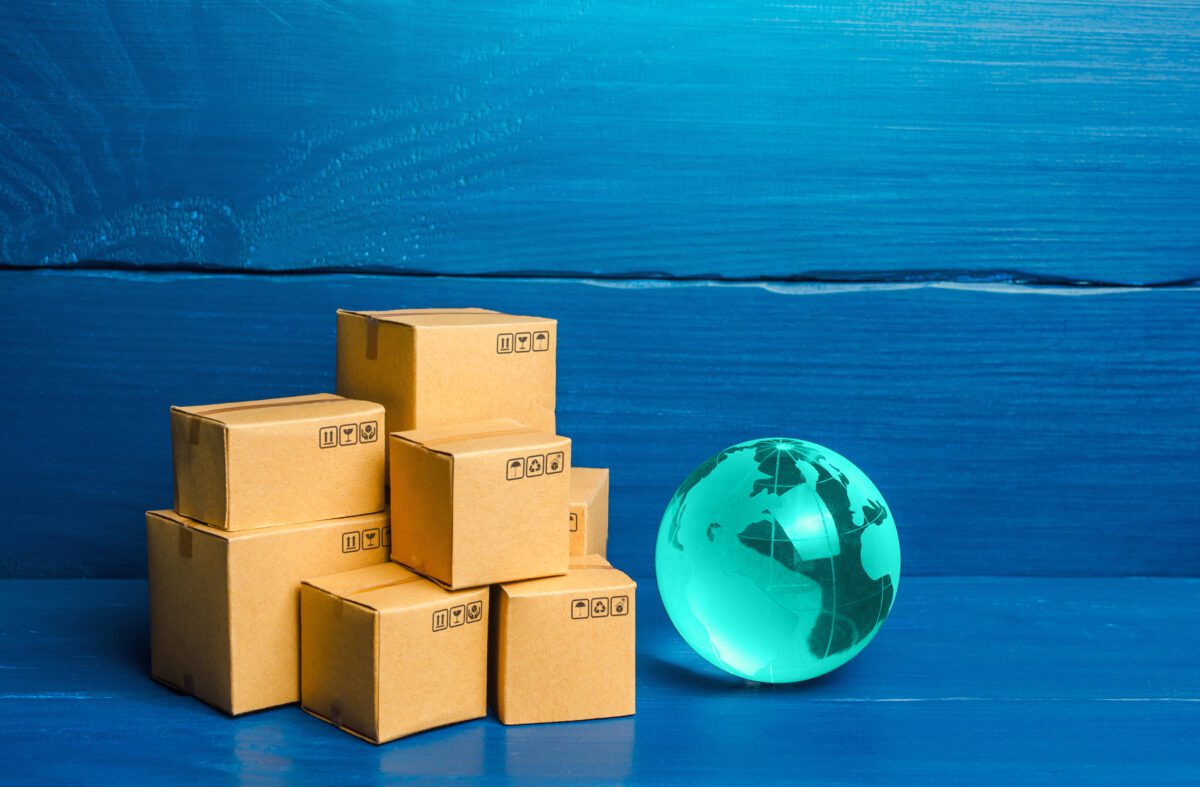Dropshipping is a way to get your products into a customer’s hands without dealing with finding products, storing them, managing the inventory and shipping them. You kind of “drop” the annoyances of locating, storing, managing and shipping onto another company.
Now if you are someone who wants to sell stuff on Etsy, you can stop reading now.
Dropshipping doesn’t allow for a lot of creative flexibility. If you’re someone who loves hunting down your own stuff to sell, this may not make sense either.
But if you want to test your business skills, and don’t have a lot of money to invest, dropshipping is a good way to get yourself skilled in the art of e-commerce before you figure out what the “best” types of products are for you to sell at a larger scale.
Table of Contents
What is Dropshipping?
Think of it like this. You find products to sell online. You find these products in a “suppliers’” online catalog.
A person buys one of the products that you’ve listed online. When an order is received, that same third-party supplier where you found your product then ships it directly to the customer. You, the seller, outsource the processes of getting, storing, and shipping products to a third party. That person is called a supplier.
You, the seller, are a “middleman” between the supplier and buyer. This whole process is called dropshipping. You, as the middleman, are the dropshipper.
How big the industry is?
The global dropshipping market was valued at $225.99 billion in 2022.
Who uses dropshipping?
Many new entrepreneurs use dropshipping as a way to start their own online stores with minimal upfront investment.
Most dropshipping suppliers and sellers live in China and the United States.
Common businesses that use dropshipping include fashion, electronics, health and beauty, home and garden, and toys.
Say that again?
Are you a dropshipper or is the seller?
These are common questions. And what’s all this other stuff? Check out our A-Z guide below for common terms associated with drop shipping.
This can’t be legal, right? What about ethics?
Dropshipping is 100% legal.
Ethics are a matter of personal values. Some say dropshipping perpetuates the market with quickly produced products.
Others say the products are already being made, so why shouldn’t someone, especially young business owners, learn the art of business while selling them?
We feel ethically obligated to tell you that 90% of dropshipping businesses fail. But you can be part of the 10% that don’t fail. Or, you can learn a lot through the process of starting an e-commerce site and learning a lot about inventory and shipping. This process will cost you a lot less than an MBA, so in that sense, experimenting with dropshipping is perfectly ethical.
Approximately 27% of online retailers use the dropshipping business model as their default way to fulfill orders from customers. And they don’t have any legal or ethical issues doing so. 
How Does Dropshipping Work?
The dropshipping process is essentially a relationship between a store, usually e-commerce ones, and a supplier who stocks and keeps the products you sell.
Examples of popular online supplier databases (that is they act as middlemen to connect you to the real suppliers) include AliExpress, SaleHoo, and Worldwide Brands.
There are also apps that connect you to thousands of suppliers. For example, DSers is an app on Shopify that will connect you with suppliers.
With DSers, you can browse suppliers on AliExpress and import the products that you want to sell on your Shopify store—with the click of a button. We specialize in setting up Shopify stores, so reach out to us for a consultation.
Once a customer buys a product on your new Shopify-powered site, you’ll be able to get the product sent to them through the DSers app.
Dropshipping is a quick way to get an ecommerce website up, running and functioning. If you are confused on how to use Shopify’s app, we can teach you.
The Downsides of Dropshipping
According to experts, only between 10% and 20% of dropshipping businesses succeed.
Here are the most common reasons people stop experimenting with dropshipping.
1. Low profit margins
So if you want to get an e-commerce store up and running fast, and you want a quick and easy lesson about business, dropshipping is a good idea. Because it’s so easy to get started, and because you don’t have to house the products in your own storage space or warehouse, many businesses will set up a dropshipping store to build brand awareness, and get some cash in their coffers. You simply charge customers a little more than the supplier charged you.
2. Inventory issues
If you are a seller on Etsy, it’s relatively simple to keep track of which items are in and out of stock. But when you’re stocking a lot of items, and especially if they are in a warehouse or in storage, keeping track of what items are low or out of stock requires work.
With dropshipping, inventory isn’t your problem. The supplier is responsible for dealing with low stock items, out of stock items, re-ordering those items and so on.
DSers also lets you know if a product is no longer available, so you can automatically unpublish it.
3. Shipping problems
Although you don’t actually ship the products, customers think you do, and they’ll complain to you if their products don’t arrive fast or when expected.
This can be an issue when a person buys multiple items from your single website, but you have 2-4 different suppliers.
You’ll get hit with two-four separate shipping costs for sending each item to the customer. And 2-4 different delivery dates.
And although the customer will get separate confirmations clarifying expected delivery dates, they will assume they’re all arriving at once. When they don’t, they’ll complain to you. And you don’t have a lot of power over the supplier.
4. Supplier delays and errors
Have you ever been blamed for something that wasn’t your fault? Of course you have. And if you go the dropshipping route, you will be again.
Even the best dropshipping suppliers make mistakes fulfilling orders—but it’s the dropshipper, i.e. you, that will get negative reviews.
5. Limited inventory and uniqueness of products
Unlike handmade, or even some mass-produced items, dropshipping doesn’t give you a lot of control over the product itself. Usually, the product is designed and controlled by the supplier. This means you can’t offer customization, like choice in color or name engraving.
Dropshippers can and will do some customizing, but only if you order a minimum order quantity. So don’t order 25 engraved plates engraved with “Lou and Linda’s 50th anniversary.” You should just order 25 “50th anniversary plates” that many people could buy. 
The Pros of Dropshipping
Before we talk you out of it, there are a few other reasons why dropshipping is such a popular tool for e-commerce operators.
1. Less upfront capital required
Every company usually has to spend thousands to get started. That cost can include supplies, labor, manpower to make products and more. With dropshipping, all of that is mostly eliminated. You’ll need to invest some money but you don’t have to purchase a product unless you’ve already made the sale and have been paid by the customer.
2. Easy to start
You could probably start a dropshipping business after reading this article.
3. Flexible HQ
On the road or going off grid? A successful dropshipping business can be run from anywhere with an internet connection.
4. Quick Way to Show Proof of Concept
Dropshipping is a useful fulfillment model for both launching a new store and for business owners looking to test the appetite customers have for additional product categories, e.g., accessories or wholly new product lines. If you’ve ever watched Shark Tank, the venture capitalists often ask for proof your idea will work. So before you sell those “Lou and Linda” plates, show you can sell non-personalized anniversary plates.
A-Z of Dropshipping
There are a lot of terms in dropshipping. The terminology often scares people away from using dropshipping. Here are some key terms.
A
AliExpress – an international wholesale and dropshipping site that connects ecommerce stores to dropshipping providers and products.
D
DSers – A Shopify app designed to make dropshipping easy when you have a Shopify site.
Dropshipper – The “middleman” between the supplier and buyer.
S
Supplier – the store or person who gets, storing, and ships products to a customer.Reach out to us so we can offer you more insight into dropshipping. We can also start or maintain a Shopify site for you.
W
Worldwide Brands – another popular supplier for dropshipping businesses.



Contact Us Today!